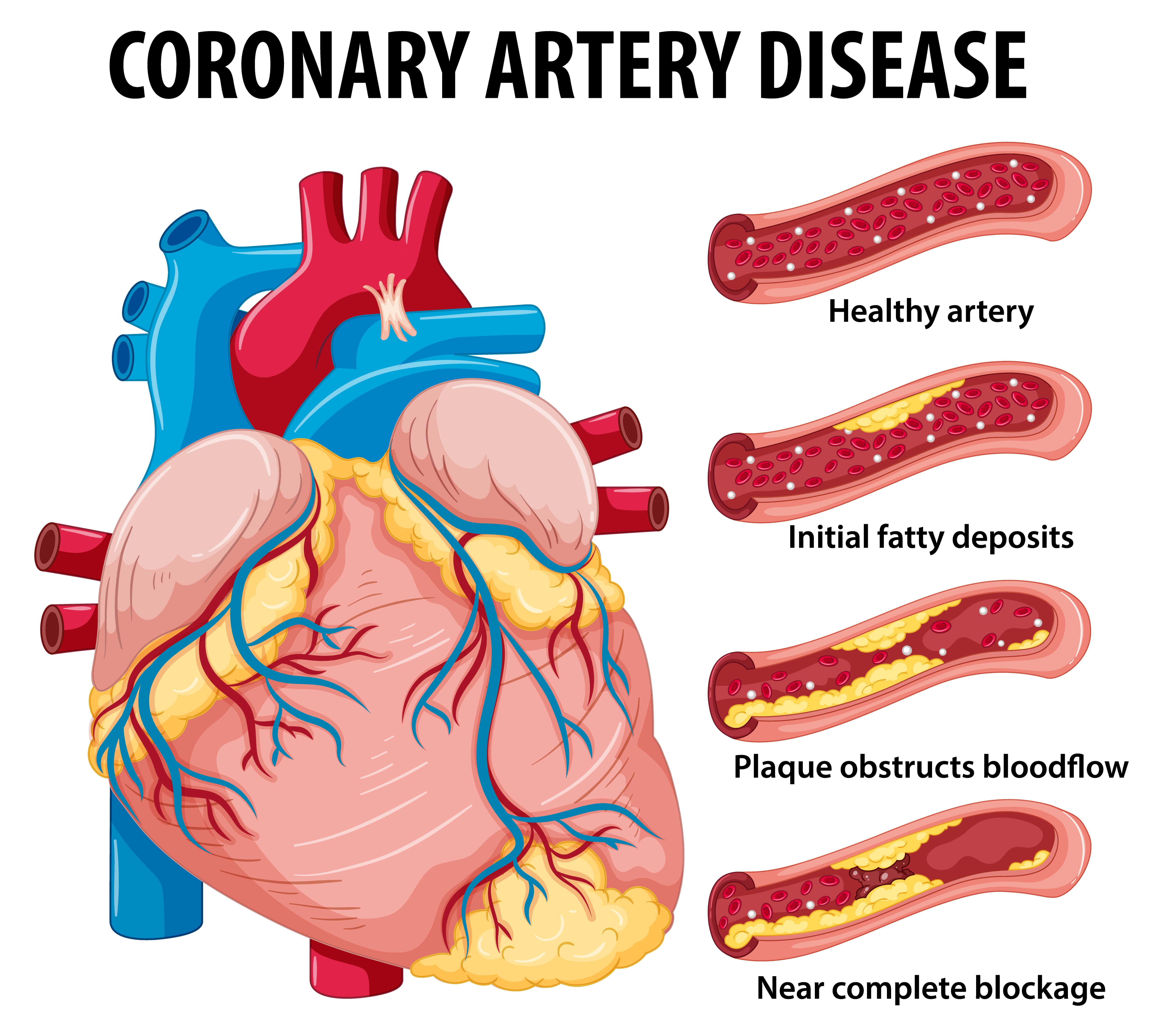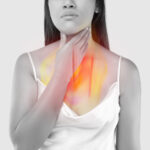
WHAT IS CORONARY ARTERY DISEASE ?
Coronary artery disorder is the leading cause of death in the case of both men & women. The deposition of plaque (waxy substance) in the artery narrows the walls considerably, thus resulting in an arterial blockage. It can diminish the flow of oxygenated blood to the heart. A discomfort & painful condition arises causing chest pain (angina) which may lead to a heart attack or fatality in a patient
WHAT ARE THE CAUSES OF CORONARY ARTERY DISEASE ?
- High cholesterol
- High diabetes
- Blood pressure
- Obesity (overweight )
- Physically inactive
- Smoking
WHAT HAPPENS TO THE CORONARY ARTERIES ?
Coronary artery disease is caused by atherosclerosis. Atherosclerosis is the buildup of plaque inside the arteries.
Plaque consists of cholesterol, fatty substances, waste products, calcium and fibrin which is responsible for the formation of clots. As plaque continues to collect on the artery walls, the arteries narrow and stiffen.
Plaque can clog or damage the arteries, which limits or stops the blood flow to the heart muscle. If the heart does not get enough blood, it can’t get the oxygen and nutrients it needs to work properly. This condition is called ischemia. Not getting enough blood supply to the heart muscle can lead to chest discomfort or chest pain ( angina pectoris ). It causes the risk of heart attack .
HOW DOES THE PLAQUE BUILD UP IN THE CORONARY ARTERIES ?
The process usually starts when we are very young. Before our teen years, the blood vessel walls start to show streaks of fat. As plaque deposits inside the arteries, the body fights back against this ongoing process by sending white blood cells to attack the cholesterol, but the attack causes more inflammation. This triggers yet other cells in the artery wall to form a soft cap over the plaque.
This thin cap over the plaque can break open (due to blood pressure or mental or emotional stress ). Blood cell fragments called platelets stick to the site of the injury, causing a clot to form. The clot further narrows arteries. Sometimes a blood clot breaks apart on its own. Other times the clot blocks blood flow through the artery, depriving the heart of oxygen and causing a heart attack.
WHAT ARE THE SYMPTOMS ?
- Chest discomfort (angina) is described as heaviness, tightness, pressure, aching, numbness, fullness, squeezing or a dull ache. The discomfort can also spread to or only be felt in the left shoulder, arms, neck, back or jaw.
- Dizziness, lightheadedness.
- Nausea
- Feeling of indigestion or heartburn.
- Unexplained anxiety.
- Cold sweat.
- Tired feeling
SCOPE OF HOMEOPATHY IN CORONARY ARTERY DISEASE
Homeopathy Medicine treatment today is a rapidly growing system and is being practiced all over the world. Its strength lies in its evident effectiveness as it takes a holistic approach towards the sick individual through the promotion of inner balance at mental, emotional, spiritual, and physical levels. When heart failure is concerned there are many effective medicines available in homeopathy, but the selection depends upon the individuality of the patient, considering the mental and physical symptoms. Homeopathy also plays a major role in preventive cardiac care where it reduces the amount of stress on the individual body.





